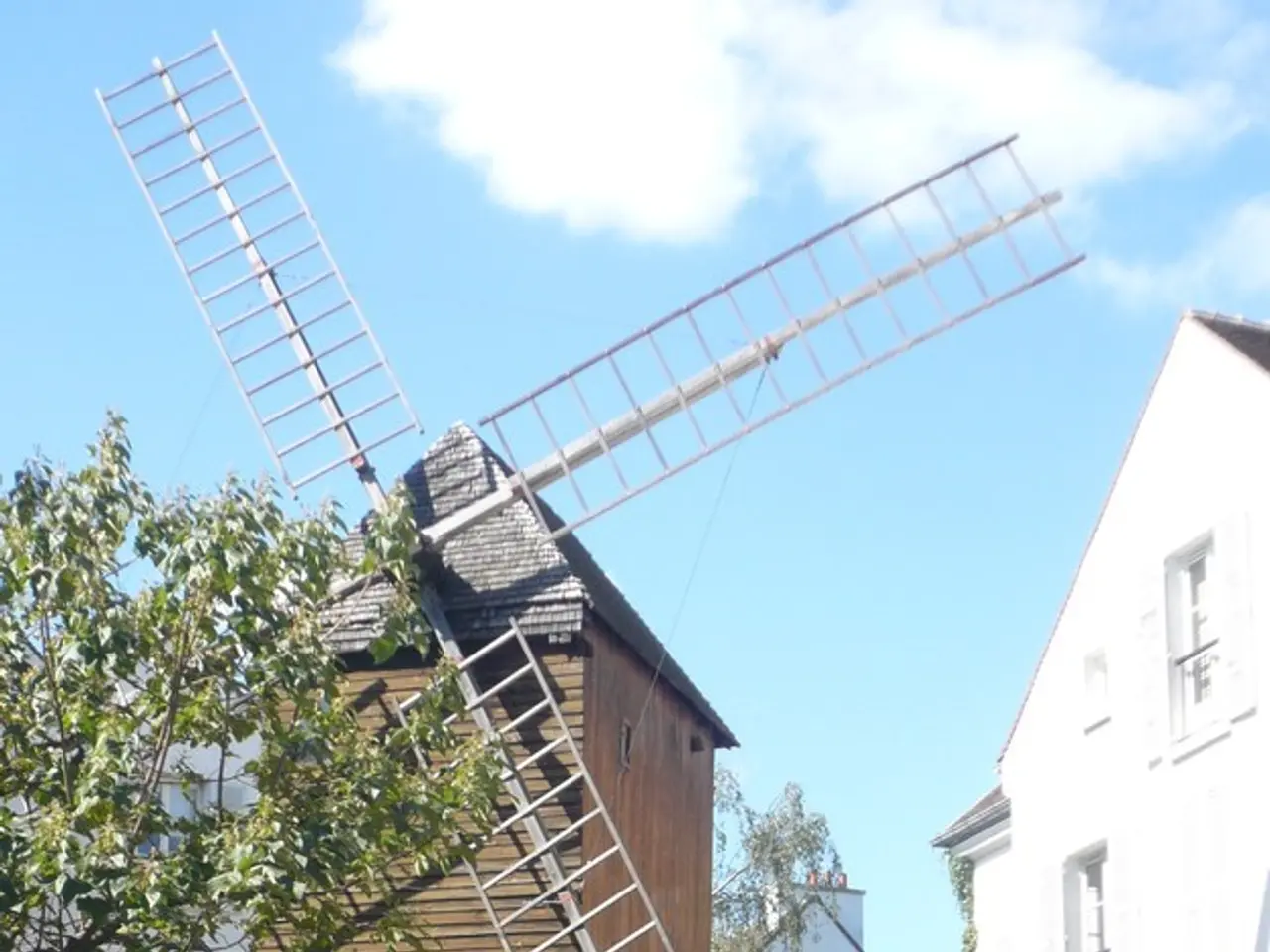Following IKEA's departure: the future of the once-thriving factory site in Sweden.
Furniture Production Skyrockets at Luzales-Tikhvin, Yet Financials Remain Tumultuous
After a significant overhaul, Luzales-Tikhvin — once known as IKEA Industry Tikhvin — has seen a mind-boggling 88% increase in production, producing a staggering 18,000 items monthly. Following Russian ownership, the plant has resuscitated its production cycle, from raw material creation to shipping out finished products. The production boost has piqued interest among foreign suppliers, with agreements already in place to supply Asian markets.
However, beneath the surface of progress, the financial picture appears grim. Despite increased revenue (approaching 2.2 billion rubles in 2024) compared to the previous year, the company still struggles with hefty losses of 233.5 million rubles. This pales in comparison to the profit of 350.9 million rubles the plant generated under IKEA's management in 2021.
After IKEA's exit from Russia, the Luzales consortium took the helm, promising to invest over 150 million rubles into the plant. They've been making strides by expanding production lines to broaden their product range and boost output. Yet, the challenge remains — to compete on a global stage without IKEA's expansive network and brand recognition.
It's crucial to remember that in the early months of 2022, the entirety of IKEA's Russian operations came to a halt. By summer of the same year, the Tikhvin plant was in new hands, having been sold to Luzales, a local wood processing company. Fast forward to March 2023, and Luzales-Tikhvin now stands as the new owner of the plant.
As a side note, it's intriguing to delve into the history of Luzales, the primary shareholder behind Luzales-Tikhvin. Established in 1999, the company is a family-run venture founded by Nikolai Semenyuk, who passed away in 2018. His son, Ruslan, serves as the current head, with his mother, Maria Semenyuk, holding a significant stake. Luzales specializes in logging, timber export, and various wood-based products, with more than a million hectares of forest land offering an annual allowable cut of 1.773 million cubic meters. The company's portfolio includes two sawmills and a wood fuel pellet manufacturing plant.
In conclusion, the Tikhvin plant's resurgence is promising, yet the road ahead remains strewn with obstacles. Crippled by the loss of IKEA's global market access, supply chain complications, and lack of brand recognition, Luzales-Tikhvin continues to grapple with financial difficulties. Yet, it perseveres, catering to the lingering demand for affordable furniture in Russia and adapting designs to suit local tastes. To achieve sustained success, Luzales-Tikhvin may need to develop creative strategies to counteract these challenges and reap the rewards of its production prowess.
- The Tikhvin plant, now known as Luzales-Tikhvin, showed a remarkable increase of 88%, producing 18,000 items monthly, after its production cycle was resuscitated under Russian ownership.
- In a bid to boost output and broaden their product range, Luzales-Tikhvin invested over 150 million rubles, following their takeover of the plant from IKEA in 2022.
- Despite the substantial increase in revenue, Luzales-Tikhvin still faces hefty losses, a stark contrast to the profit they generated under IKEA's management in 2021.
- Luzales-Tikhvin, the new owner of the plant, was established in 1999 and is a family-run venture that specializes in logging, timber export, and various wood-based products, with over a million hectares of forest land.
- In 2025, Luzales-Tikhvin may need to implement creative strategies to overcome challenges such as loss of IKEA's global market access, supply chain complexities, and lack of brand recognition, in order to reap the benefits of their manufacturing prowess and sustain success.







